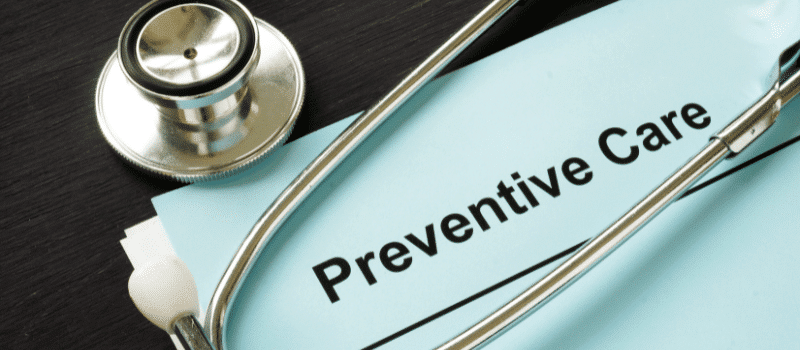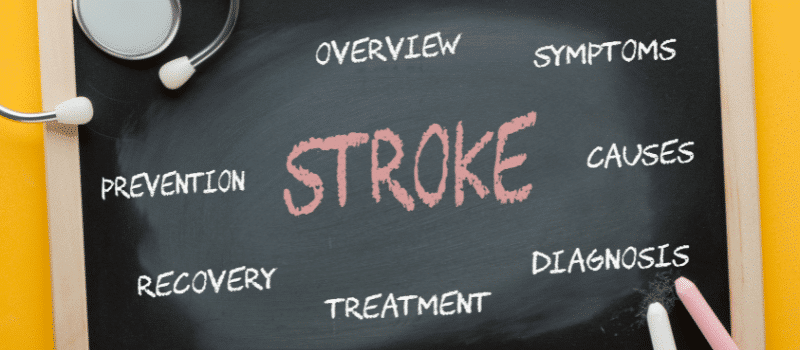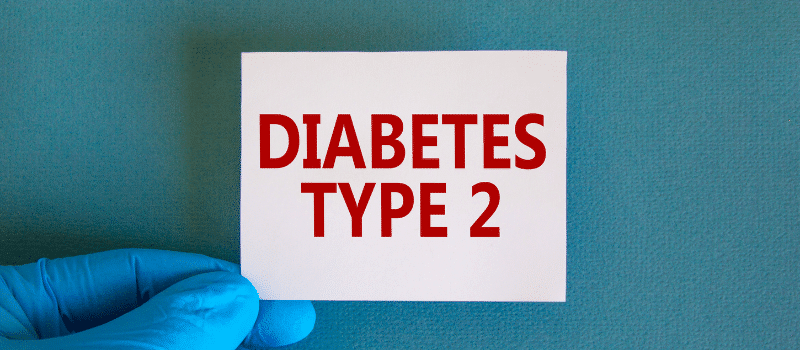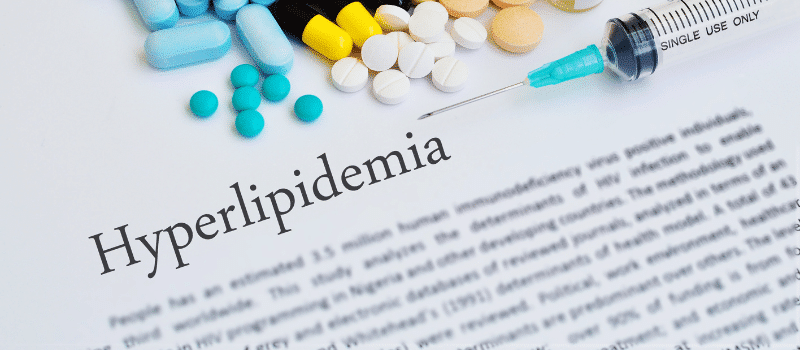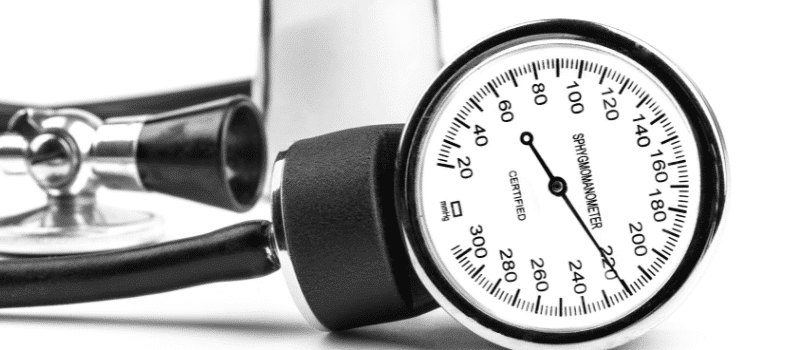Heart Attack- What Is It? What Are The Symptoms? How Do I Prevent It?
Heart Attack- What Is It? What Are The Symptoms? How Do I Prevent It?

A heart attack, also known as myocardial infarction, is a life-threatening medical emergency that occurs when the blood flow to the heart is blocked, usually by a blood clot. This blockage can cause damage to the heart muscle and can even be fatal if not treated immediately. At Ready Health and Wellness, we believe that education is key to preventing heart attacks and improving outcomes for those who experience them.
Symptoms of a Heart Attack
The symptoms of a heart attack can vary from person to person, and some people may experience no symptoms at all. However, some of the most common symptoms of a heart attack include:
- Chest pain or discomfort: This is often described as a feeling of tightness, pressure, or squeezing in the chest that may radiate to the arms, neck, jaw, or back. The pain may come and go or be constant.
- Shortness of breath: This can occur with or without chest pain.
- Sweating: This can occur with or without chest pain.
- Nausea or vomiting: This can occur with or without chest pain.
- Feeling lightheaded or dizzy: This can occur with or without chest pain.
It’s important to note that not all heart attacks cause chest pain, and women may experience symptoms that are different from those experienced by men, such as fatigue, back pain, or indigestion.
Preventing Heart Attacks
While not all heart attacks can be prevented, there are steps you can take to reduce your risk. Some of the most effective ways to prevent heart attacks include:
- Maintaining a healthy lifestyle: This includes eating a healthy diet, exercising regularly, maintaining a healthy weight, and not smoking.
- Managing medical conditions: Medical conditions such as high blood pressure, high cholesterol, and diabetes can increase your risk of heart attack. Managing these conditions can help reduce your risk.
- Getting regular check-ups: Regular check-ups with your healthcare provider can help identify and manage any risk factors for heart attack.
- Knowing your family history: If heart disease runs in your family, it’s important to be aware of your risk and take steps to reduce it.
Treating Heart Attacks
If you or someone you know experiences a heart attack, it’s important to seek medical attention immediately. Treatment for heart attack typically involves restoring blood flow to the heart muscle as quickly as possible. This may involve medications to dissolve the blood clot or procedures such as angioplasty or stenting to open the blocked artery.
A heart attack is a serious medical emergency that requires immediate attention. Knowing the symptoms of a heart attack, taking steps to reduce your risk, and seeking medical attention quickly can all help improve outcomes for those who experience a heart attack. At Ready Health and Wellness, we believe in the importance of education and prevention when it comes to heart health and strive to provide our patients with the knowledge and resources they need to maintain optimal health and well-being.






